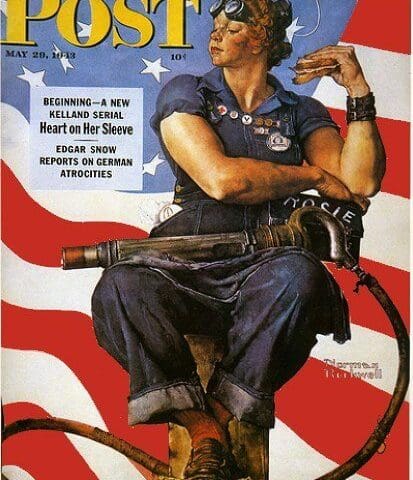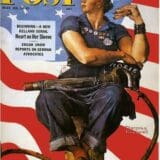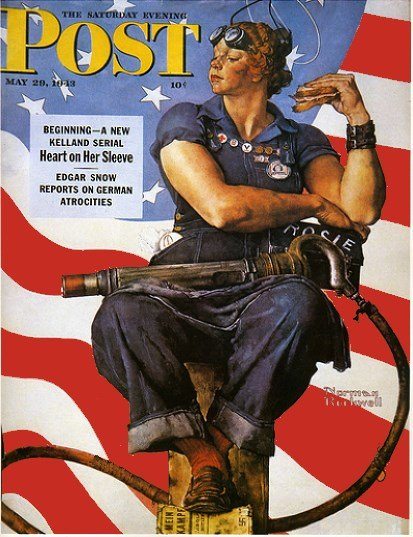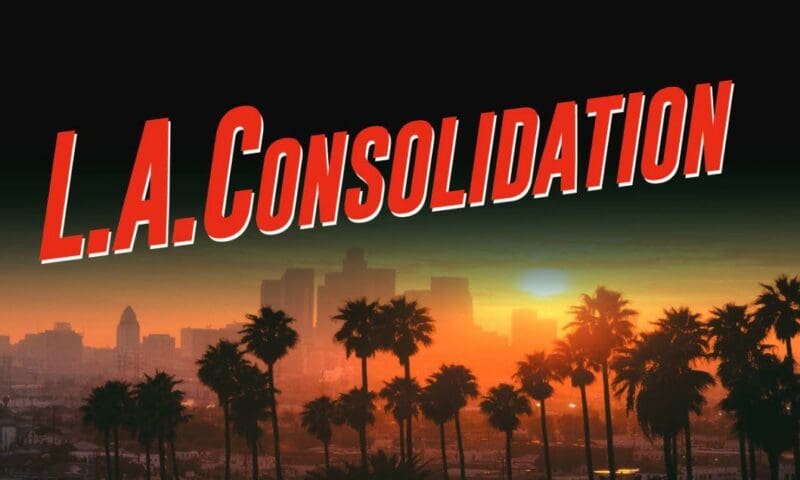

 In The Public Interest made a big splash a few years ago with our report that showed many private prison contracts include a “lockup quota,” also known as a bed guarantee, which ensures high levels of taxpayer funds go to corporations even when prison populations decline. When states agree to 80 percent, 90 percent or even 100 percent occupancy guarantees, policymakers are disincentivized from the kind of sentencing reform we desperately need to pass.
In The Public Interest made a big splash a few years ago with our report that showed many private prison contracts include a “lockup quota,” also known as a bed guarantee, which ensures high levels of taxpayer funds go to corporations even when prison populations decline. When states agree to 80 percent, 90 percent or even 100 percent occupancy guarantees, policymakers are disincentivized from the kind of sentencing reform we desperately need to pass.
But the federal government is currently giving a different kind of guarantee to prison companies, one that not only guarantees profits but doesn’t make us safer. It’s known as the “Immigrant Detention Quota” and it’s helping make GEO Group and the Corrections Corporation of America (CCA) a lot of money. According to a new report from Grassroots Leadership, the two largest private prison companies in the U.S. now run 70 percent of the ICE Detention System and are working hard to expand that share.
» Read more about: Jailhouse Shock: U.S. Fattens Profits of Private Immigrant Prisons »


Maria Bustillos and Elizabeth Fladung share their views about a trip to Palm Springs, land of mountains, casinos and trailer parks.
This podcast is an encore posting from our State of Inequality series.[divider]Maria Bustillos is a journalist and critic living in Los Angeles.
Elizabeth Fladung is a Brooklyn-based, CalArts-trained photojournalist. Her work has appeared in The Nation, La Repubblica, The Fader and Wax Poetics Magazine.


 She was the perfect patriotic icon: Sassy yet dignified, brawny yet feminine – a massive rivet gun cradled on her lap, feet resting on a copy of Mein Kampf. And all the while she holds a sandwich as Old Glory ripples in the background. Mary Doyle Keefe, a Vermont telephone operator who posed for Norman Rockwell’s immortal Rosie the Riveter painting, first publicly seen on a 1943 Saturday Evening Post cover, died Tuesday at the age of 92. At the time of her brush with fame, Keefe was Rockwell’s neighbor and a little embarrassed that the artist had pumped iron into the painted arms of the petite 19-year-old.
She was the perfect patriotic icon: Sassy yet dignified, brawny yet feminine – a massive rivet gun cradled on her lap, feet resting on a copy of Mein Kampf. And all the while she holds a sandwich as Old Glory ripples in the background. Mary Doyle Keefe, a Vermont telephone operator who posed for Norman Rockwell’s immortal Rosie the Riveter painting, first publicly seen on a 1943 Saturday Evening Post cover, died Tuesday at the age of 92. At the time of her brush with fame, Keefe was Rockwell’s neighbor and a little embarrassed that the artist had pumped iron into the painted arms of the petite 19-year-old.
Rosie the Riveter had too much whimsy and restraint for it to fade into kitsch or agitprop oblivion. Like J. Howard Miller’s equally famous “We Can Do It!” poster, with which it is sometimes confused,
» Read more about: ‘Rosie the Riveter’ Model Dies — Rockwell Painting Owned by Walmart Museum »


Maria Bustillos shares her thoughts on our country’s failure to invest in higher education access and the mounting toll it is taking on students today.
This podcast is an encore posting from our State of Inequality series.


California’s Chamber of Commerce is best known for its Job Killers list, which the king of business lobbies uses to scare off state legislators from passing laws that might, among other things, protect workers from wage theft or force oil companies to pay extraction taxes. (In reality, the Job Killers list is more of a bill-killers list.) But the CalChamber isn’t all about killing. Last week it revealed its kinder, if not gentler, side in the form of a Job Creators list. (Who knew?) The lawmaking season is still young, but already the CalChamber has begun identifying bills that it claims will allow more Californians to enter the workforce.
* * *
It’s not entirely clear what jobs, if any, would be created by Corporate Democrat Adam Gray’s bill,


Elizabeth Fladung’s photos of San Francisco in the midst of the tech boom offer a study in contrasts.
![]()
This slideshow is an encore posting from our State of Inequality series.Elizabeth Fladung is a Brooklyn-based, CalArts-trained photojournalist. Her work has appeared in The Nation, La Repubblica, The Fader and Wax Poetics Magazine.


The religious spring festivals of Passover and Easter are behind us. We’ve paid our taxes. Congress has passed another bill to give the top two-hundredths of one per cent another windfall. I think a big-picture look at the structure of this economy might help us all take a deep breath. If my guess is correct, we’ll need it for the work ahead. This kind of economy stands on three legs: raw materials, cheap labor and as little regulation from government as possible.
Raw materials were the reason why Europe’s empires stumbled across the Western hemisphere in the first place. Looking for an easier route to the profitable spice markets of the East Indies, the Spanish found the West Indies and began a centuries-long exploration and exploitation of everything it uncovered. Extraction of natural resources – from tomatoes to gold to, one day, black gold – led those powers to exploit South and Central America as well as Africa,
» Read more about: Three Legs of the Economy: The Past Is Prologue »


[SlideDeck2 id=44878]
![]()
This slideshow of the University of California, Riverside is an encore posting from our State of Inequality series.
Elizabeth Fladung is a Brooklyn-based, CalArts-trained photojournalist. Her work has appeared in The Nation, La Repubblica, The Fader and Wax Poetics Magazine.


Fourteen months ago, media giant Comcast announced its plan to buy Time Warner Cable, a merger that would give one company control of 30 percent of television distribution and at least half of high-speed Internet distribution nationally. Here in L.A. County, Comcast would serve 96 percent of residents and, for 72 percent of those residents, it would be the only choice for broadband at speeds of 25 Mbps or faster. This level of national and local consolidation has brought together a broad range of consumer organizations, content creators, programmers and organizations representing diverse communities to oppose this merger. On April 14, these organizations came before the California Public Utilities Commission (CPUC) at a hearing in downtown Los Angeles to urge state regulators to say no to this deal.
Why is there such opposition? For starters, if the merger is approved Los Angeles residents are almost certain to face higher prices and anti-consumer policies that limit their access to content.
» Read more about: Why the Comcast-Time Warner Cable Merger Is a Bad Deal for Los Angeles »


[SlideDeck2 id=44608]
Trailers! Casinos! Sunsets! Photographer Elizabeth Fladung captures a metaphorical Palm Springs.
![]()
This slideshow is an encore posting from our State of Inequality series.
Elizabeth Fladung is a Brooklyn-based, CalArts-trained photojournalist. Her work has appeared in The Nation, La Repubblica, The Fader and Wax Poetics Magazine.